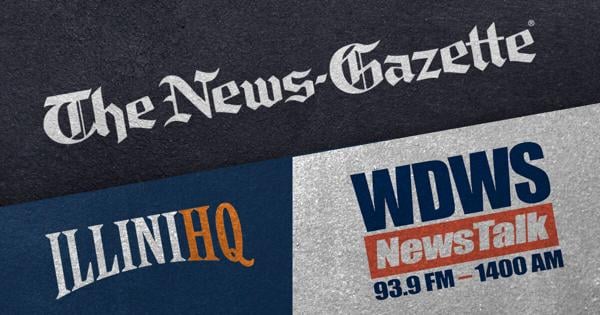
BREAKING: OpenAI has just received the green light to delete users’ deleted posts following a significant court ruling. On Thursday, U.S. District Judge Ona Wang approved a joint motion from OpenAI and The New York Times, effectively ending the previous court order that mandated the retention of chat logs “indefinitely.” This development marks a critical turning point in OpenAI’s ongoing legal battle with the Times.
This ruling comes in the wake of a lawsuit filed by the New York Times in December 2023, alleging that OpenAI unlawfully used its copyrighted materials to train its algorithm. Other news organizations have also joined the litigation, raising serious questions about copyright and AI.
Under the prior order, OpenAI was required to preserve all chat logs—including deleted ones—so they could be analyzed for potential evidence related to the case. This mandate had raised alarm bells for the privacy of hundreds of millions of ChatGPT users worldwide. OpenAI’s Chief Operating Officer, Brad Lightcap, previously criticized the court’s decision, describing it as an “attack” on user privacy.
“The New York Times and other plaintiffs have made a sweeping and unnecessary demand in their baseless lawsuit against us: retain consumer ChatGPT and API customer data indefinitely,” Lightcap stated in June.
Now, with the preservation order lifted, OpenAI can proceed to delete the previously saved chat logs. However, it’s important to note that while deleted and temporary chats may still be monitored for some users, the specifics of who will be impacted remain unclear. The chat logs that have already been stored will still be accessible to the involved news organizations, aiding their investigation into potential copyright infringements linked to the chatbot’s outputs.
Despite the resolution of this particular issue, the broader battle over copyright law in the AI landscape continues. OpenAI has faced numerous lawsuits on similar grounds, highlighting ongoing tensions between generative AI and intellectual property rights. The legal framework surrounding these matters is still in flux, as various companies grapple with similar challenges.
As this situation unfolds, users of OpenAI’s services should stay informed about how these changes may affect their privacy and data retention policies. The implications of this ruling extend beyond just OpenAI, as the entire AI industry watches closely to see how copyright laws will evolve in response to technological advancements.
Stay tuned for more updates as this story develops. The future of AI and copyright remains uncertain, but one thing is clear: the conversation is far from over.





